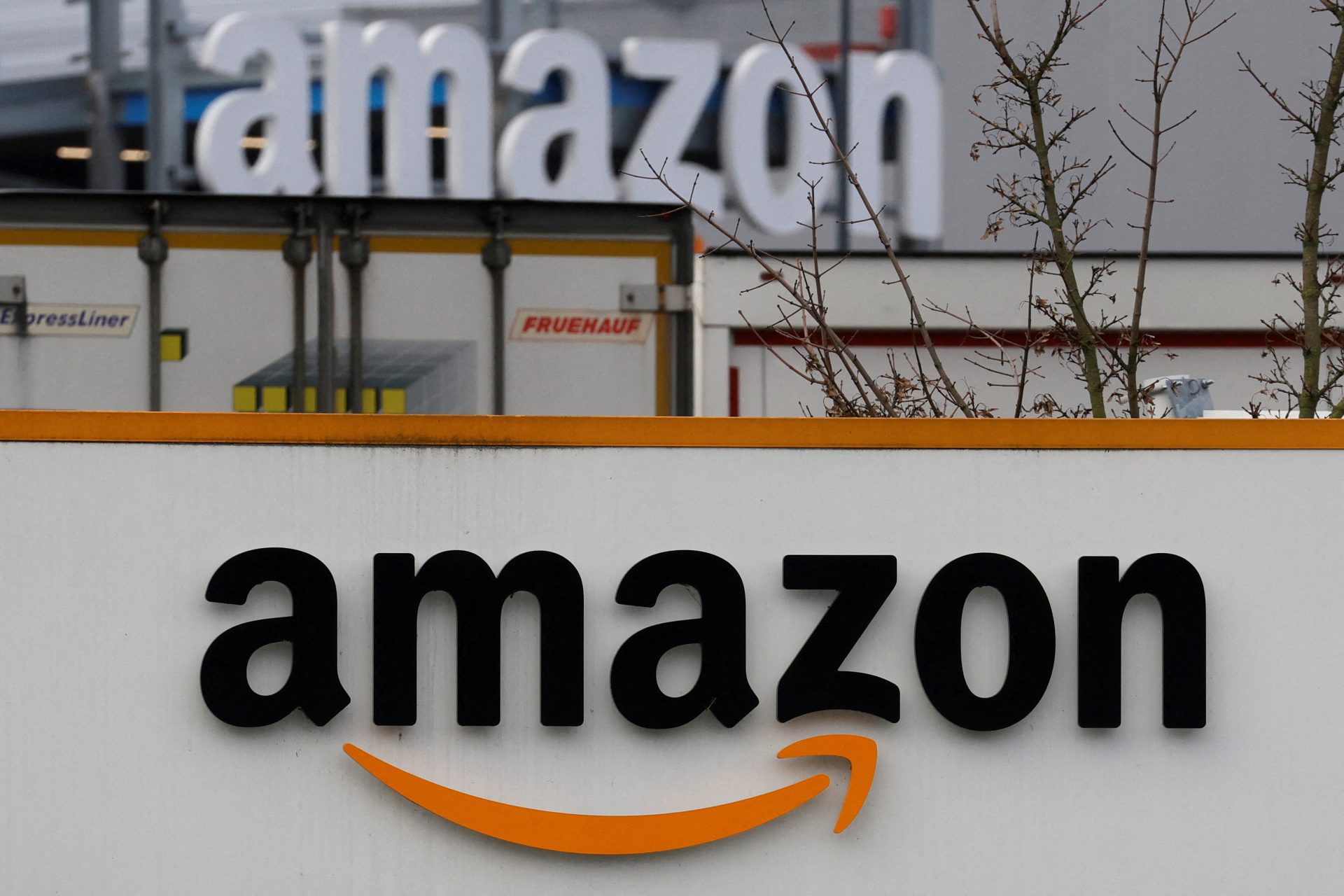 CaryptosHeadlines Media Has Launched Its Native Token CHT.
Airdrop Is Live For Everyone, Claim Instant 5000 CHT Tokens Worth Of $50 USDT.
Join the Airdrop at the official website,
CryptosHeadlinesToken.com
CaryptosHeadlines Media Has Launched Its Native Token CHT.
Airdrop Is Live For Everyone, Claim Instant 5000 CHT Tokens Worth Of $50 USDT.
Join the Airdrop at the official website,
CryptosHeadlinesToken.com
The majority of the US stock market is in the red on Thursday as the consequences of Donald Trump’s Tariffs hit hard. The Magnificent-7 stocks are seeing huge drops, including Amazon (AMZN). Amazon is down over 7% but fell as much as 8% in the opening hours of Thursday’s trading session.
Roughly $2 trillion was erased from the S&P 500 Index on Thursday. Many investing experts are fearful that the new Tariffs could plunge the US economy into a recession. Thus, investors have begun panic-selling stocks, sending share prices down. Amazon (AMZN) took a big hit, with the e-commerce company heavily impacted by the import tariffs.
Wall Street has been debating in recent weeks just how much Amazon could be hit by increased tariffs. China-based sellers have more than 50% market share on Amazon’s third-party seller marketplace, according to research from MarketPlace Pulse. Additionally, BofA Securities analyst Justin Post wrote last month that tariffs were a “sector negative” for e-commerce. However, the analyst added, “platforms with large third-party selections, such as Amazon or eBay (EBAY), can allow for better substitution and/or for consumers to self-select cheaper items.”
Despite the dip, some analysts are immediately trying to spin the stock crash into a buying opportunity for Amazon (AMZN). For Amazon specifically, Citi analysts suggest that the dip and rumors swirling around Amazon buying TikTok could generate fuel for a quick resurgance. Liberation day impacted most of the stock market, with few major companies remaining in the red on Thursday.
Amazon is firmly entrenched as a top stock in both the AI and cloud-computing sectors. Indeed, recent developments will see it look to increase competition with rival AI companies as it seeks to shrug off early-year losses likely connected to Trump’s new tariffs.












